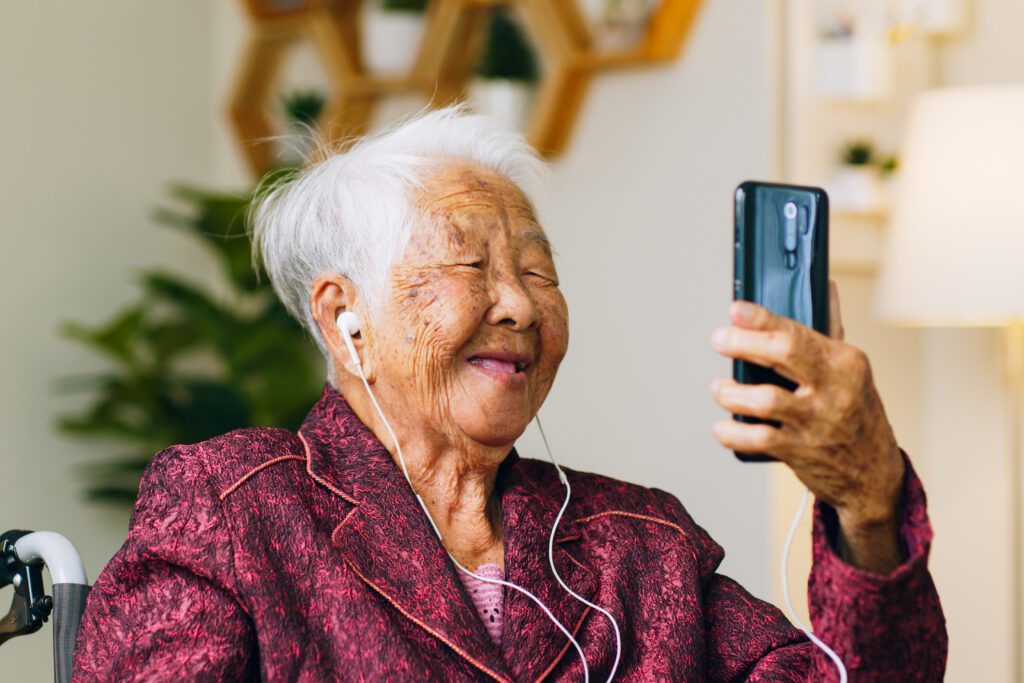General advice on caring for an older relative

Collaborative Post
Caring for elderly relatives can be challenging for a number of reasons. Perhaps you feel you lack sufficient knowledge or spare time to make a real difference. Or maybe you simply find it difficult seeing a loved one’s health deteriorate. Whatever the case, you aren’t in it alone.
The UK has an ever-ageing population, with the 2021 census confirming there are more people than ever before in older age groups. Ongoing challenges such as COVID-19 and the cost-of-living crisis meanwhile are leaving more elderly people vulnerable.
Thankfully there are several ways – both big and small – to feel confident that you’re making their lives easier. Below, read helpful tips on providing general care for elderly relatives.
Helping with medication
Taking medication becomes part of daily life for many people in later life. But staying on top of stock and schedules can get tricky, especially if their mental capacity fades. It can be reassuring – even life-saving – to have help at hand.
You might volunteer to pick up medication and/or create a clear organisation system. One option is using an online pharmacy to sort and deliver medication in convenient daily doses.
Making their home accessible
Most people keep elderly relatives at home for as long as possible to retain their comfort and independence. But regular activities can become difficult and potentially dangerous in later life, so it’s important their home adapts to meet their needs.
Modifications you might plan could include:
- Adding handrails around outdoor steps
- Installing a more accessible shower
- Tweaking kitchen layout
Keeping them engaged
Regular social, recreational and – for some – religious activities, are important for leading a happy life at any age. But this becomes especially true in advancing years when they help people stay physically and mentally active.
You might be able to help by sourcing such opportunities, providing or arranging transport, or simply encouraging your relative to take part.
Organising transport alternatives
If your relative can’t drive and either isn’t comfortable on public transport or can’t access it, alternative transport becomes vital for avoiding isolation.
You may want to provide some lifts but it’s unlikely you can cover every journey. Instead, look into arranging specialist transport where needed, such as a mobility scooter or taxi services.
Sharing responsibilities
At the end of the day, you’re only one person. You may be caring for your relative while working a full-time job or maybe living far away. It’s important then to establish a wider support system rather than burning yourself out.
Sometimes that might mean leaving it to professionals, or asking for help at the very least. But by doing so, you’re more likely to provide the kind of regular, all-encompassing care your relative needs.
If you can take care of just a few of these tips, keeping your loved one safe and happy might become easier than it seems.

